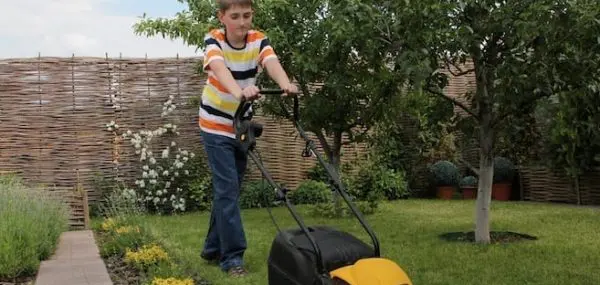What’s not to like about a summer job? A summer job keeps a teenager busy, earns her some money, and perhaps best of all, teaches a variety of skills that teenagers don’t learn at school. Still, these days it’s not always so easy to find summer jobs for teens. Larry Goldsmith, a career strategist, offers some summer job tips.
5 Summer Job Tips
1. It’s not about you.
The first thing parents tend to say to teens is, “Why do you want this job?” We help with lists—what are you looking for in a job. This is a common mistake for everyone who is looking for summer jobs for teens. But when interviewing for a summer job, it’s a mistake to focus on why you want the job. “Instead, focus on how you can help the employer,” Goldsmith says. “Employers hire to fix a need or a problem. Give the employer a reason to employ you.”
2. Go beyond the classifieds to find summer jobs for teens.
While it’s a good start to search online for openings in your area, the best way to find summer jobs for teens is the old-fashioned way—knock on doors. Go into that ice cream shop and ask if they are hiring, Goldsmith recommends.
3. Be confident when you talk to someone.
Once you’re in the door, it’s important to assume an air of confidence. Teens should stand tall, make good eye contact, have a firm handshake, and smile. “Show confidence, even though you might be shaking inside,” Goldsmith says. “Employers can train you to do what they want. They can’t train you to be pleasant or be someone who works hard and even looks for things to do.”
4. Get to the point of the value you bring.
If an employer asks you what you are interested in, be specific about what skills you have and how you can use them in the job. And this might be the best piece of advice: Avoid saying you are willing to do “anything.”
5. Practice how you will answer interview questions.
Ask parents or friends to help you practice your interview skills. Consider often-asked questions so that you can prepare answers in advance. “There is only one hard interview question,” Goldsmith notes. “It is the one not practiced prior to the interview.”




